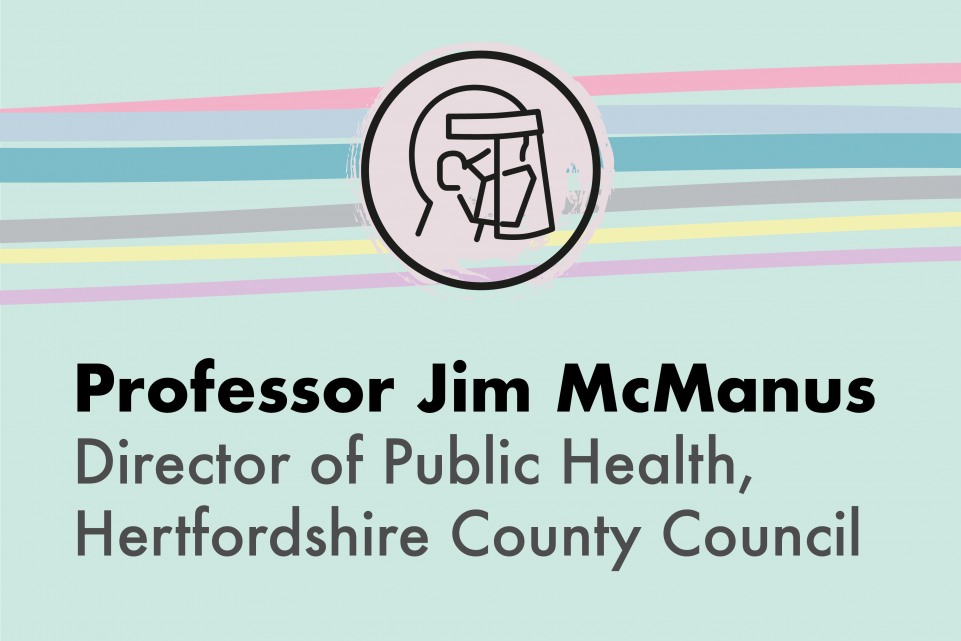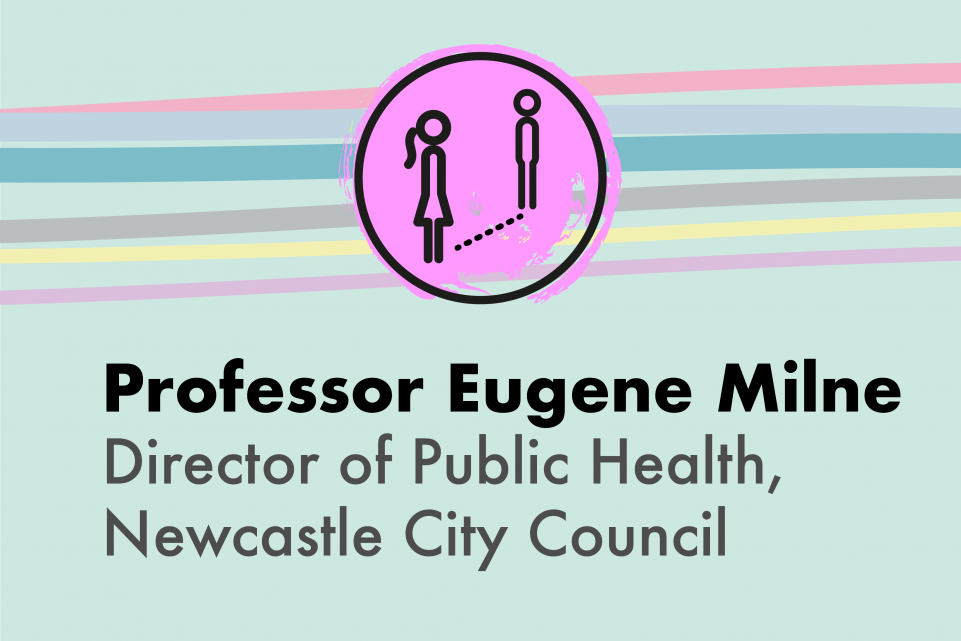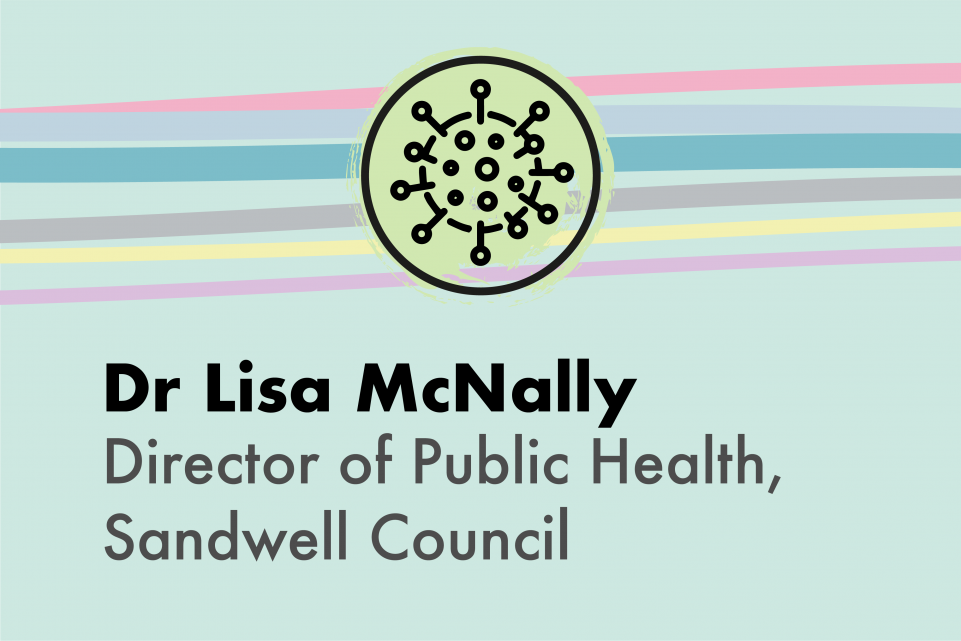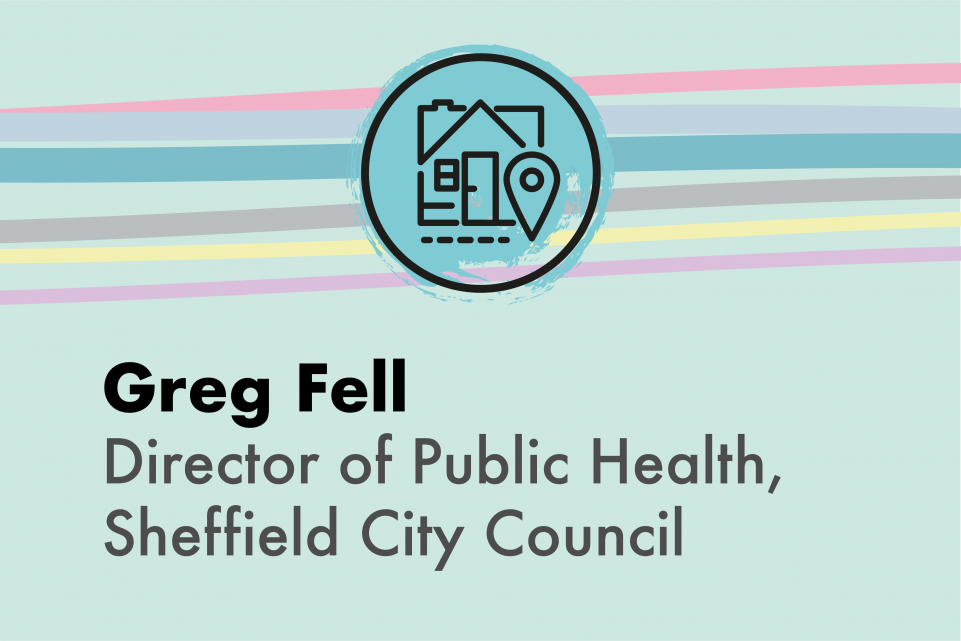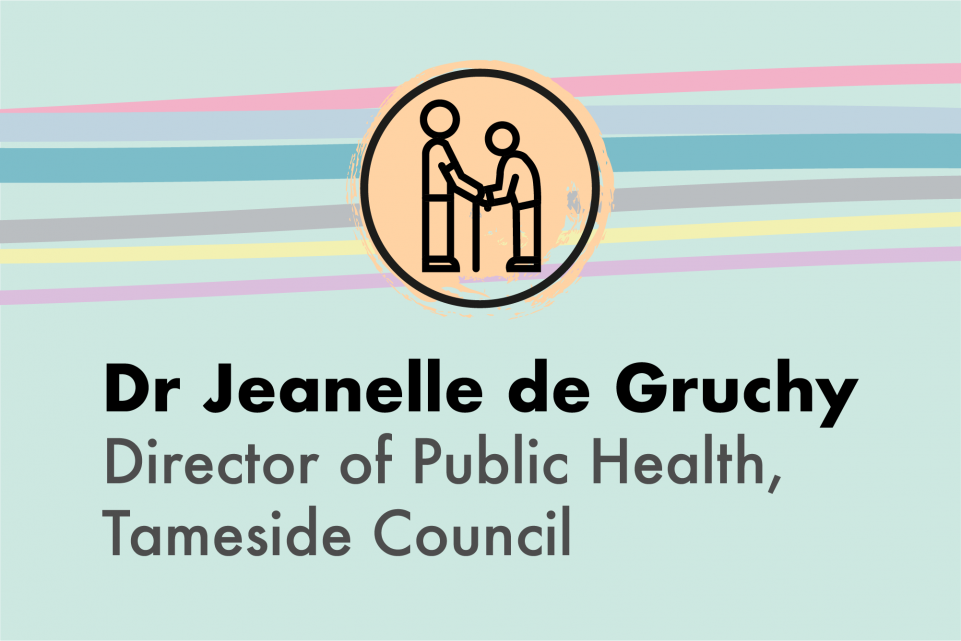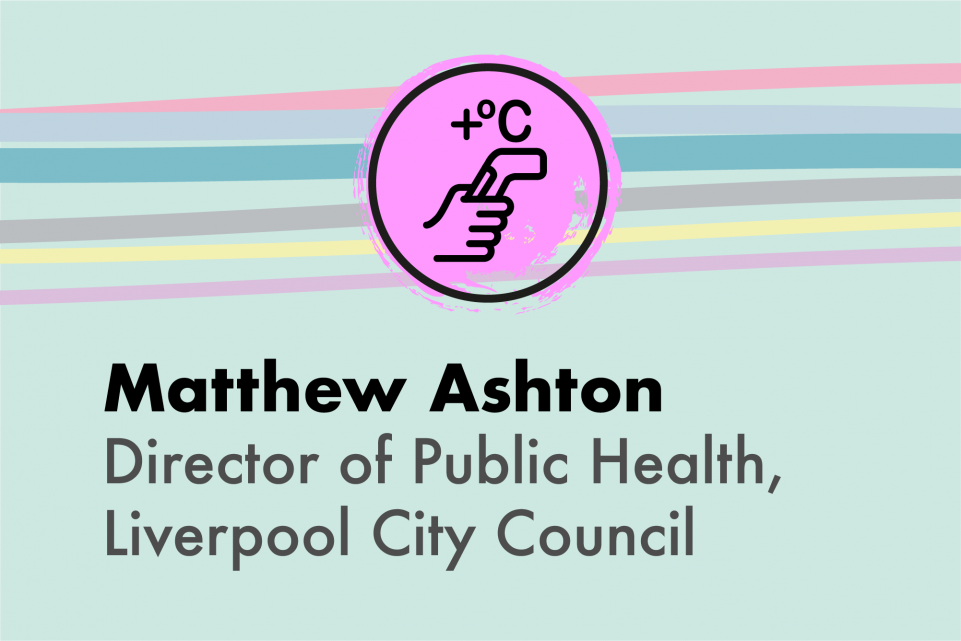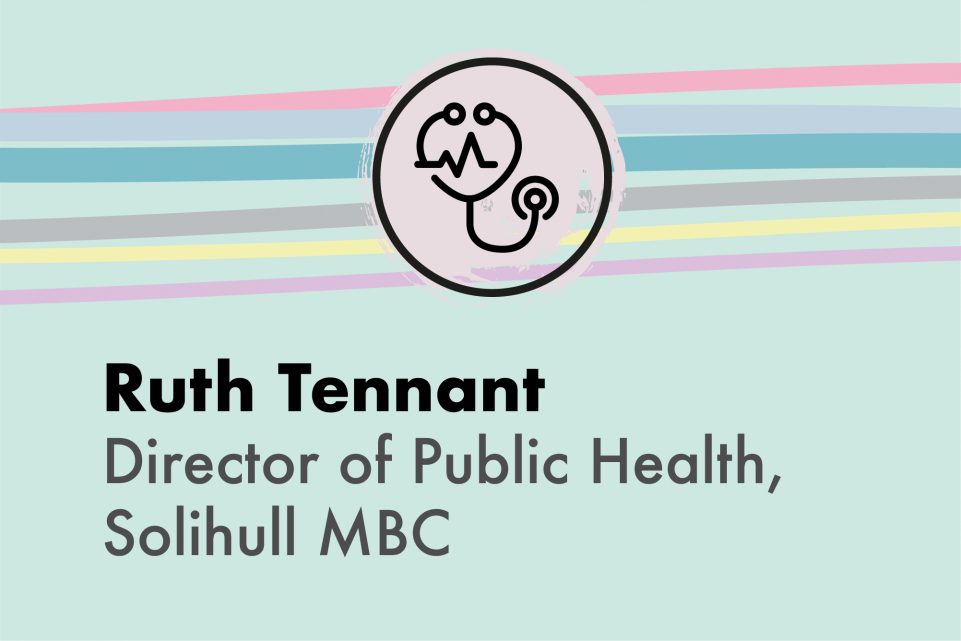Interview with Dr Rupert Suckling, Doncaster Council Director of Public Health.
This is the first in a series of interviews with public health directors, published on 7 May 2020.
Back in November heavy rain led to severe flooding across South Yorkshire. Doncaster was the worst hit with 1,000 homes and businesses having to be evacuated. The council, Environment Agency, emergency services and the military were all involved in the response.
Doncaster Council Director of Public Health Dr Rupert Suckling said: “A critical incident was called and we didn’t stop for 10 days. It was exhausting. That’s nothing to what we have faced with coronavirus.
“But it did help prepare us – the fact we had faced such an event meant we had had recent experience of responding to an emergency on a large scale, using and testing the processes and protocols and simply having some of those personal relationships in place that can make all the difference.”
Being on the front-foot
It meant as soon as reports started circulating of the virus developing in China, Dr Suckling stood up the council’s pandemic plan. And when the government urged people with mild respiratory illnesses to start self-isolating in the second week in March – nearly a fortnight before lockdown was introduced – the council announced it was facing a business continuity critical incident, the first council in the region to do so.
Dr Suckling said: “I could see we would be facing high levels of staff absence and it was obvious this was going to have wider implications on society – although I’m not saying I could predict everything that has happened. The situation we are in now is unprecedented – it will be the biggest pandemic we have seen in our lifetimes.
“But we have tried to be on the front-foot. I have received great support from the leadership of the council. I chair the tactical coordination group for Doncaster, which has meant I have been well-placed to help the council respond to what has developed.
“I have since spent a lot of time briefing colleagues - the mayor and the cabinet, the party leaders, the three local MPs. I’ve been doing briefings nearly every day. Obviously we have now gone to remote briefings. But it’s a vital opportunity to communicate for people to ask questions and hear what their concerns are too.”
National bodies ‘have forgotten councils’
Dr Suckling said as the epidemic progressed and the country moved to lockdown his team has been doing a lot of work looking and modelling the data. “We have developed a whole system flow model. It helps us keep track of everything from hospital capacity to community activity and death management.
“But what has been difficult is the national bodies just seem to have forgotten about local government – national government has not even sent us the daily sit reps information. So we have relied on the relationships we had with local organisations and the local NHS to get hold of the information.
“I’m lucky because I have one CCG, one acute trust one mental health and community trust – not all directors are in that sort of situation.”
That work has helped the council identify extra groups of people who fall into the highly vulnerable cohort that need shielding.
Dr Suckling added: “We are now working hard to contact them to see what support they need. But I must say the response from the community has been magnificent. Of the 9,600 that were first identified, only 300 to 400 are needing support from the council – family, neighbours, faith and community groups are all getting involved.”
‘Pretty fraught’ at times
Dr Suckling said another problem he has faced is having to react to national government announcements without any guidance or prior communication.
“Things get announced nationally – particularly in the daily briefing - and we are having to interpret them and explain them because the structures and protocols for implementing them are not there.
“It has been pretty fraught at times. Back in February – after the half-term - we had two secondary schools that had been to the same place in Italy and got told different advice from national bodies in terms of pupils self-isolating. We had to try to unravel that.
“It is the same for PPE. The clipper PPE system was meant to be up and running but it’s still a couple of weeks later. What you end up doing is duplicating the effort because you’re not confident the national solution will work. We have been trying to source PPE for care homes. It is a major challenge.”
‘Let’s learn lessons for contact tracing’
Dr Suckling said he would like to see local government consulted at an earlier stage – and more forethought given to how steps will be implemented. The regional testing centre is in the borough – at Doncaster Airport – but he said the council had no input into that.
“We are now going to be planning contact tracing – and I hope we will learn the lessons. Some areas have a more integrated system with Public Health England than others. There are plenty of people with the skills in local government – from environment health officers to public health specialist and sexual health staff.
“Local knowledge is going to be crucial. My preference would be for local government to lead it, but with clear communication and input from national bodies. But we are still going to have to keep local services running too so we have to think carefully about redeployment of staff. It can’t be just dictated from the centre.”
‘I’m worried about vulnerable children’
In fact, redeployment of staff is something the council has already had to contend with. Leisure services staff supported the community hub and staff have been trained on other roles if needed. The council set up a “Social Care Academy” to speed the process of recruiting care staff to support adult social care.
“It has three basic functions – liaising with staff who are interested in working in care, making sure they are ready and know what is involved, then providing some basic training and brokering the placements. It has worked well.”
But he is concerned about the impact the lockdown is having on some services in particular. “Remote working is fine for some services – we have adapted stop smoking services and people using substance misuse services are more empowered with the move to weekly unsupervised methadone consumption as opposed to daily supervised methadone.
“But I am worried about the impact on vulnerable children. Health visitors are having to use mobile and video-conferencing – that is not ideal when it comes to vulnerable families. Schools are open for them, but just five per cent of our vulnerable children are in school. It is a big concern.”


